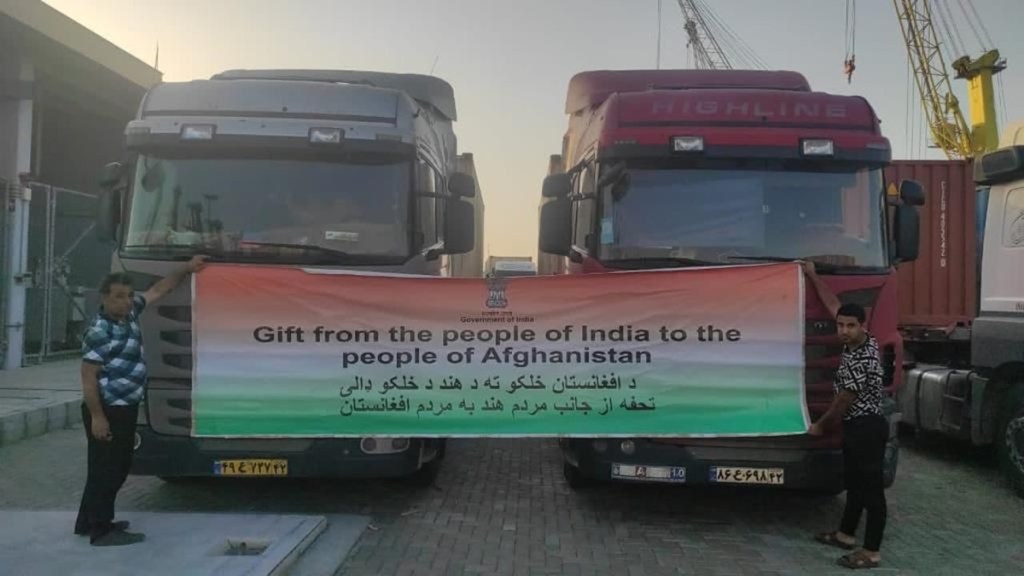Amidst the escalating humanitarian crisis and pleas from UN agencies, India remains steadfast in its commitment to providing vital assistance, encompassing medical aid and sustenance, to the people of Afghanistan.
“The government in partnership with the United Nations World Food Programme (UNWFP), has undertaken the internal distribution of wheat aid within Afghanistan. A substantial total of 47,500 metric tons of wheat has been dispatched to UNWFP centers in Afghanistan through the ongoing shipments, routed via the Chabahar Port and subsequently handed over at Heart,” said sources.
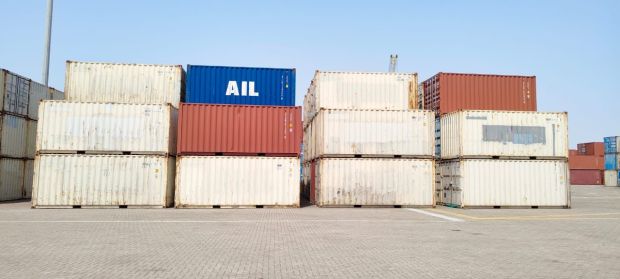
This contribution from India has garnered recognition from pivotal stakeholders in Afghanistan, with the UNWFP expressing gratitude.
In a recent tweet, the UNWFP expressed, “For the first half of this year, 16 million people in Afghanistan received life-saving food from WFP. We are grateful for generous donors like India who make that happen.”
Turning to the medical assistance front, India’s unwavering support has encompassed the dispatch of nearly 200 tons of medical supplies, comprising essential medications, COVID vaccines, anti-TB drugs, and an array of medical and surgical items. Pediatric Stethoscopes, Sphygmomanometers with pediatric BP cuffs, infusion pumps, drip chamber sets, electrocautery devices, nylon sutures, and more were presented to the authorities at the Indira Gandhi Children’s Hospital in Kabul.
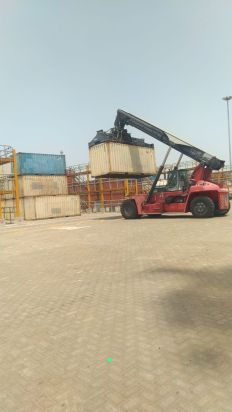
Notably, India’s commitment extends beyond medical assistance; it extends to the realm of education and welfare. The Habibia School in Kabul has continued to receive India’s backing, with assistance in the form of winter clothing and stationery items for primary students.
Recent strides have seen India forge a partnership with the United Nations Office on Drugs and Crimes (UNODC) in Afghanistan, aimed at extending aid to the vulnerable drug user population, particularly females. This partnership has resulted in the supply of 1100 units of female hygiene kits and blankets, as well as medical assistance, to UNODC in Kabul. These essential provisions are slated for utilization in UNODC’s female drug rehabilitation camps spanning across Afghanistan. Notably, India is set to extend its support further by providing medical aid for these rehabilitation camps.

In a time of uncertainty and adversity, India’s unflinching solidarity with the Afghan people not only underscores its commitment to humanitarian causes but also signifies its unwavering role as a responsible global player. Through its multifaceted assistance initiatives, India strives to alleviate the hardships faced by the Afghan populace and contribute towards a more stable and secure future for the nation.
More about India extending a helping hand to the people of Afghanistan
In March this year, India undertook a remarkable humanitarian endeavor, delivering a substantial quantity of wheat to the “people of Afghanistan” through the Chabahar port situated in Iran. Notably, while the Chabahar port has previously been utilized for extending assistance to Afghanistan, this occasion marks a significant milestone, being the first instance following the takeover by the Taliban.
A statement from the Ministry of External Affairs underscored India’s proactive stance, stating, “With the objective of addressing the prevailing humanitarian crisis, India announced its collaboration with UNWFP to facilitate the conveyance of 20,000 metric tons of wheat to the Afghan population through the Chabahar Port.” It is worth mentioning that India effectively employed the Chabahar port to transport 75,000 metric tons of wheat as humanitarian food aid to Afghanistan in the year 2020.
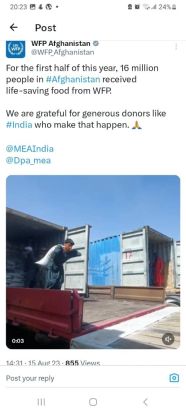
In the preceding year, India extended multiple shipments of humanitarian aid, encompassing 40,000 metric tons of wheat, 50 tons of medicinal supplies, 500,000 doses of COVID vaccine, winter clothing, and 28 tons of disaster relief materials. Notably, this aid was dispatched overland through Pakistan.
Taking into account the broader context, an Indian enterprise assumed operational control over the Chabahar port back in December 2018. India’s substantial investment of more than US$85 million dollars towards the port’s development underscores its perception of the port as a vital component within its western connectivity framework, spanning Iran, Afghanistan, and Central Asia.
Furthermore, ambitious plans are underway to integrate the port into the North-South Transport Corridor, effectively linking Mumbai with Moscow. In consonance with its commitment to the project’s advancement, India furnished 6 mobile harbor cranes and additional equipment amounting to US$25 million dollars.
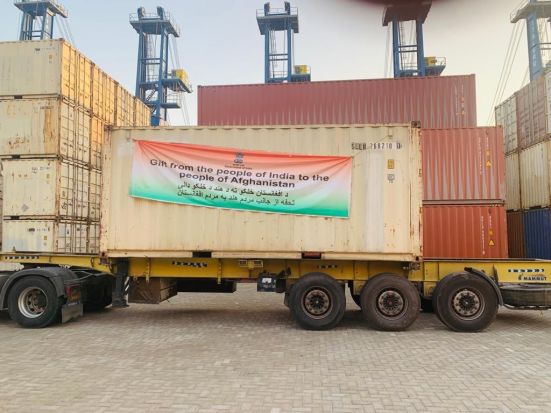
Significantly, this announcement coincided with the convening of the India Central Asia working group’s meeting, a noteworthy event as it marked the first-ever gathering of all five Central Asian countries: Turkmenistan, Kyrgyzstan, Kazakhstan, Tajikistan, and Uzbekistan. Following the meeting, a joint statement was issued that advocated for an inclusive government in Kabul among other critical issues.
